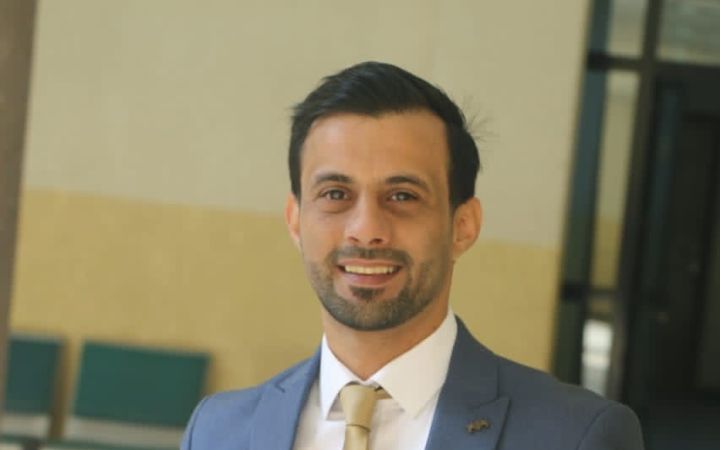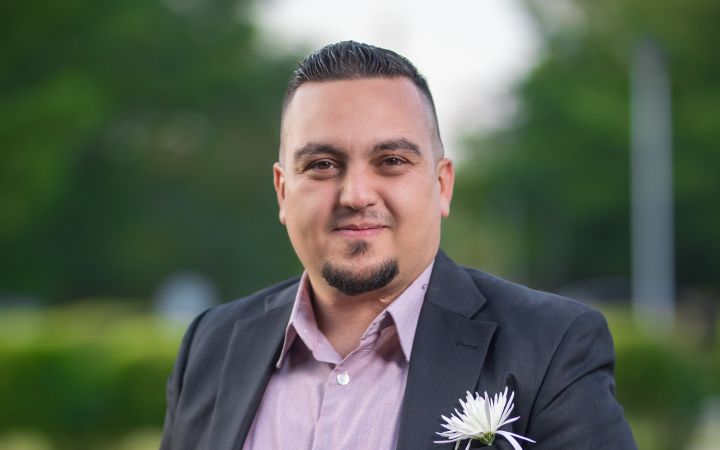December 2021 - Regardless of size, innovative and social businesses can create positive waves which reach beyond their communities to achieve national, or international status. It is this type of grassroots action which is necessary if the world is to address the challenges brought about by climate change.
Recycling tires into pavement bricks
In Iraq, people use copious amounts of plastic. "We have oil, so plastic is very cheap here," says Mustafa Musa Jaber, a participant in the Iraqi youth entrepreneurship training programme run by the UNITAR Division for Prosperity. Awareness about plastic waste is only just starting to develop in Iraq, and recycling systems and services are not yet widespread.
Alongside his work as Assistant Professor at Dijalh University, Mustafa is developing a project to recycle waste tyres into bricks that can be used for pavements and playgrounds for children. His team is also exploring the idea of promoting the adoption of reusable bottles, rather than single-use plastic bottles, and looking at ecological solutions for managing medical waste.
"Dumping and burning waste affects the environment, our health, the land, animals, everything," he says.
The most important thing is to reduce the quantity of plastic waste and products. We have to educate people on how to do this for the future of our planet.
The UNITAR programme is helping Mustafa in practical ways which enable him to connect his ideas with business opportunities. His confidence has improved, he now understands the link between shaping ideas, creating a project, and mobilizing resources, (funding, partners), to reach an end goal.
Mustafa has won pilot funding and has begun researching his project. With a workplace full of specialists, he is getting practical advice from his colleagues and friends on such topics as the compounding ratio of chemicals, and the strength of concrete blocks.
His goal, eventually, is to expand into other provinces in Iraq, outside Baghdad, as well as to help those who have lost their homes in ISIS attacks.
Creating green spaces
Not only is Iraq confronting the issue of plastic waste, but it is also facing problems of pollution, and rising temperatures which have reached as high as 52℃ (125F) in recent years. Mohammed Majid Ibraheem Al Hakeem, another course participant, is tackling climate change through greening.
Mohammed runs a gardening company, and he has launched an awareness campaign to plant trees. He says:
Expanding green spaces mitigates the risks of climate change, this is one of the easier solutions.
In the next six months, his campaign aims to plant 10,000 trees.
Mohammed has also worked for an organization supporting refugees and war returnees, teaching people how to create small farms and value chains, and promoting small and medium-sized enterprises, and entrepreneurial projects. His dream is to establish a school for farmers and gardeners to share techniques, and to learn how important their work is for the environment, globally.
Mohammed says,
Because we suffered in the war, this social entrepreneurship matters.
UNITAR will continue supporting these innovators so they that can establish businesses and initiatives to solve challenges in their communities, and their countries.



